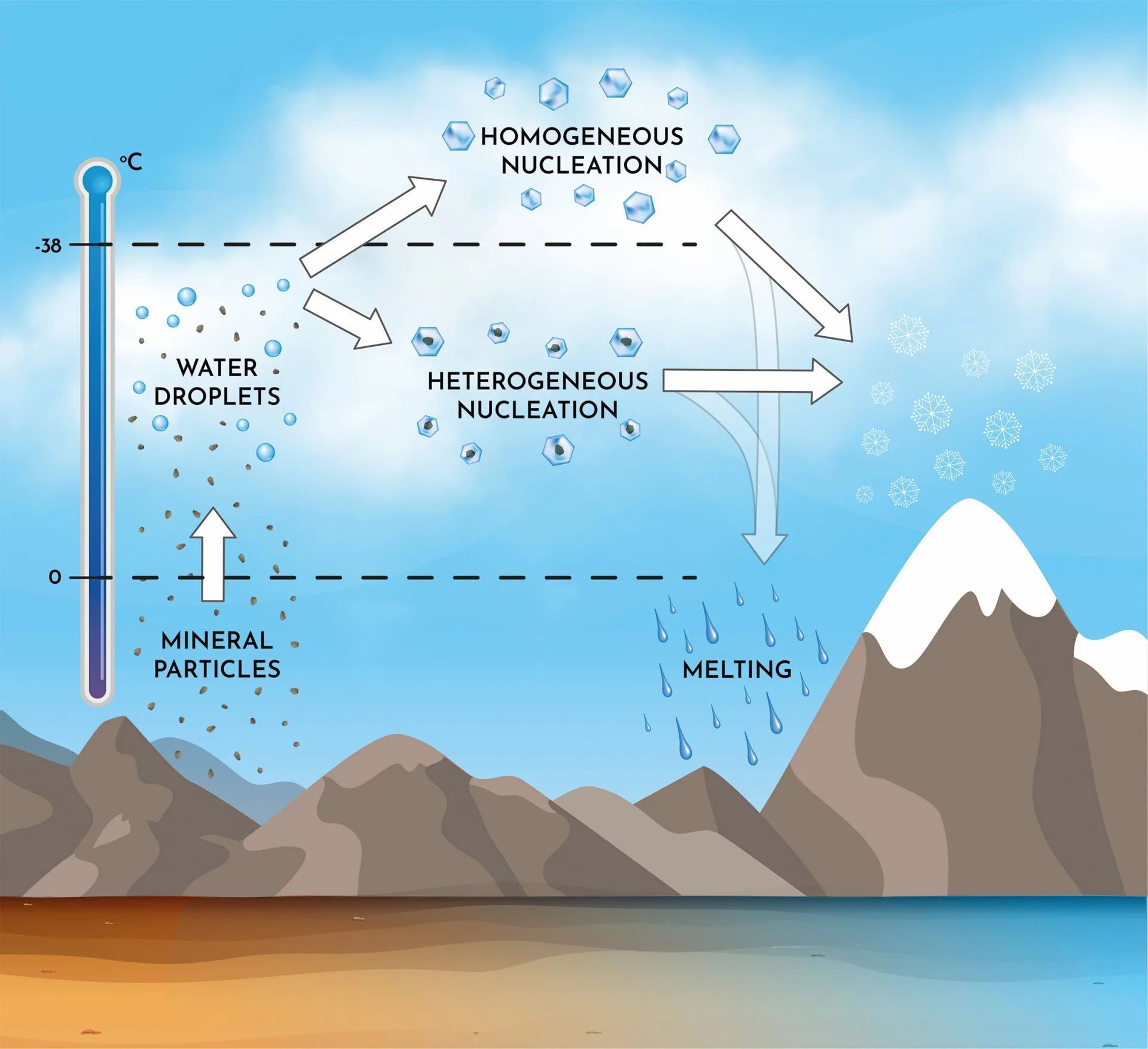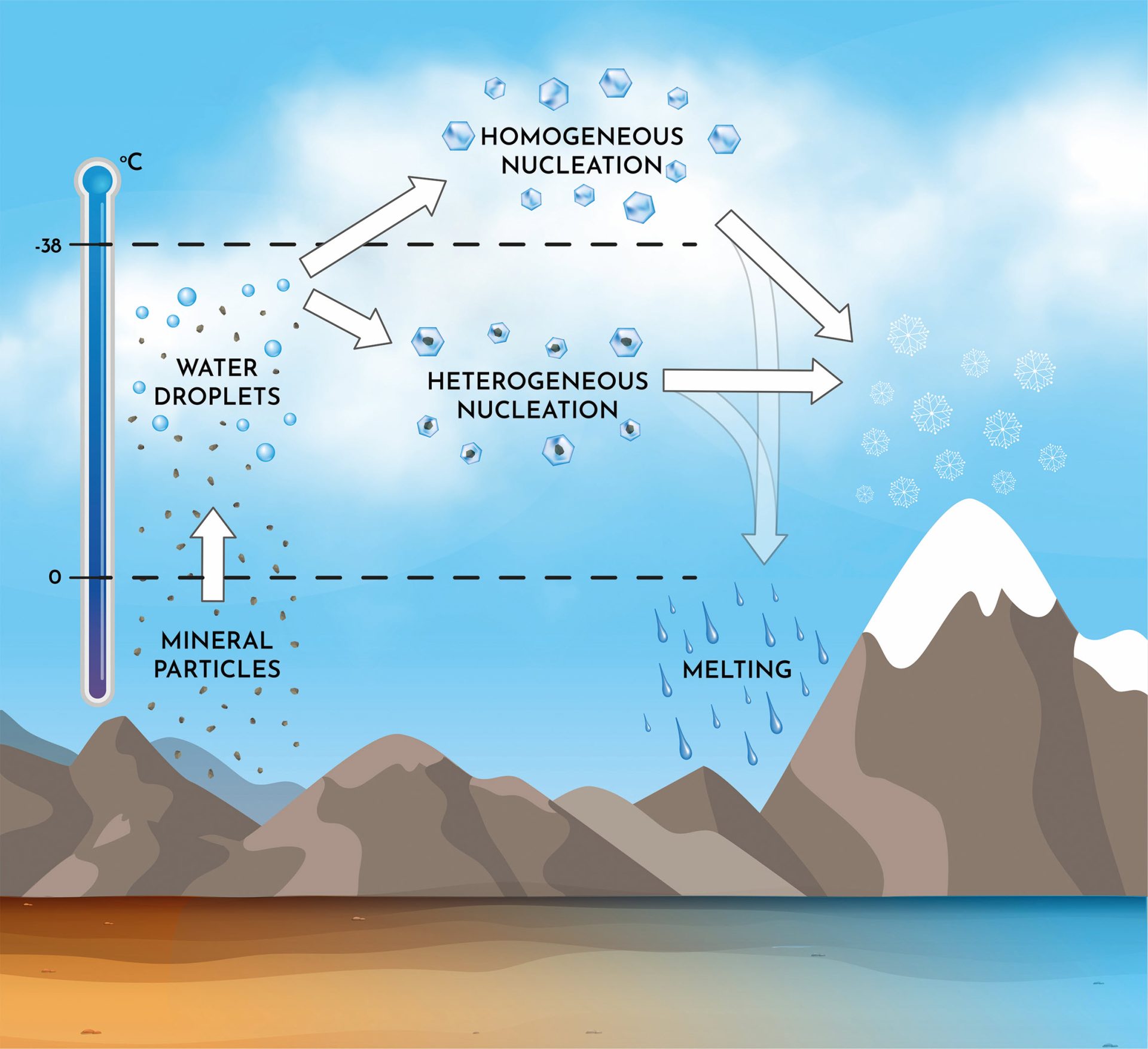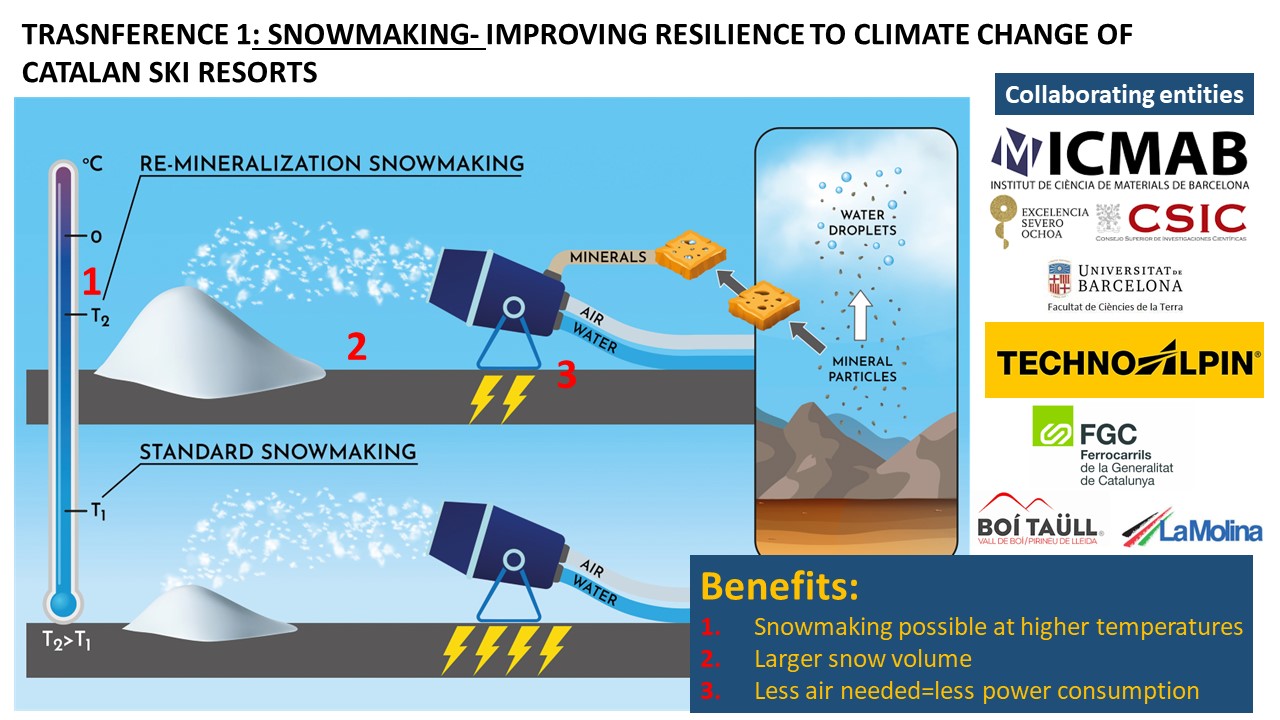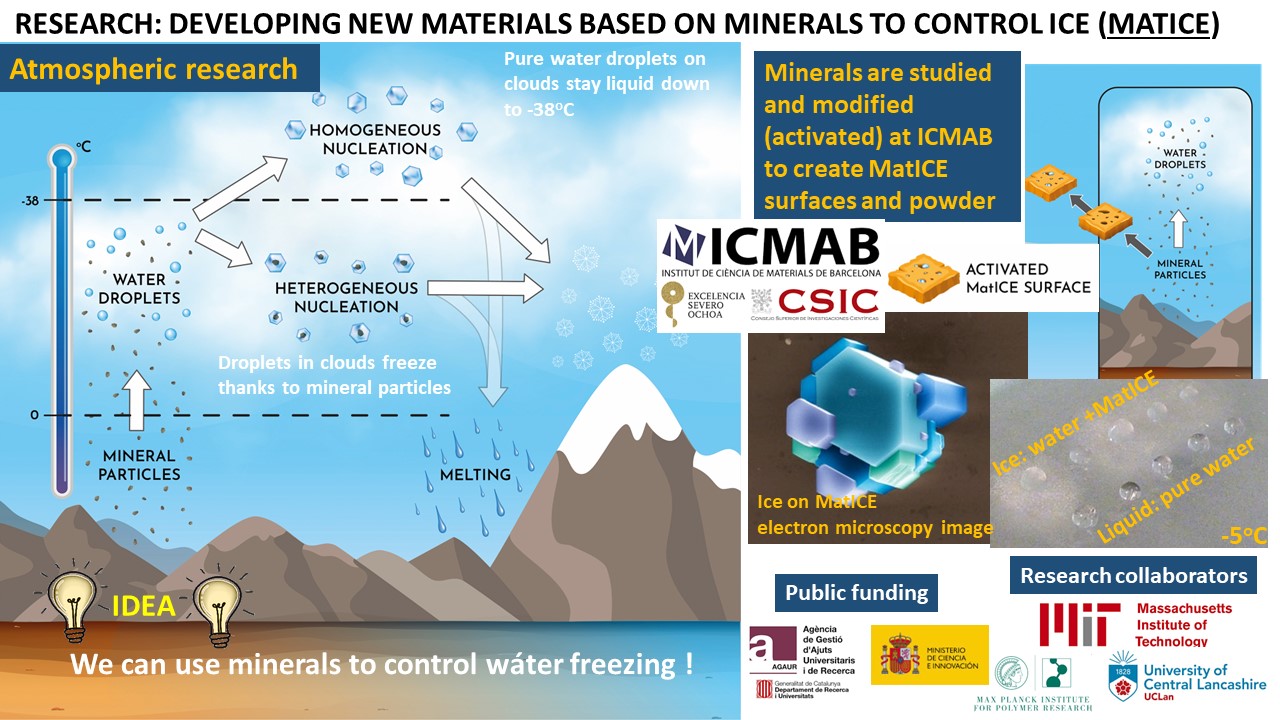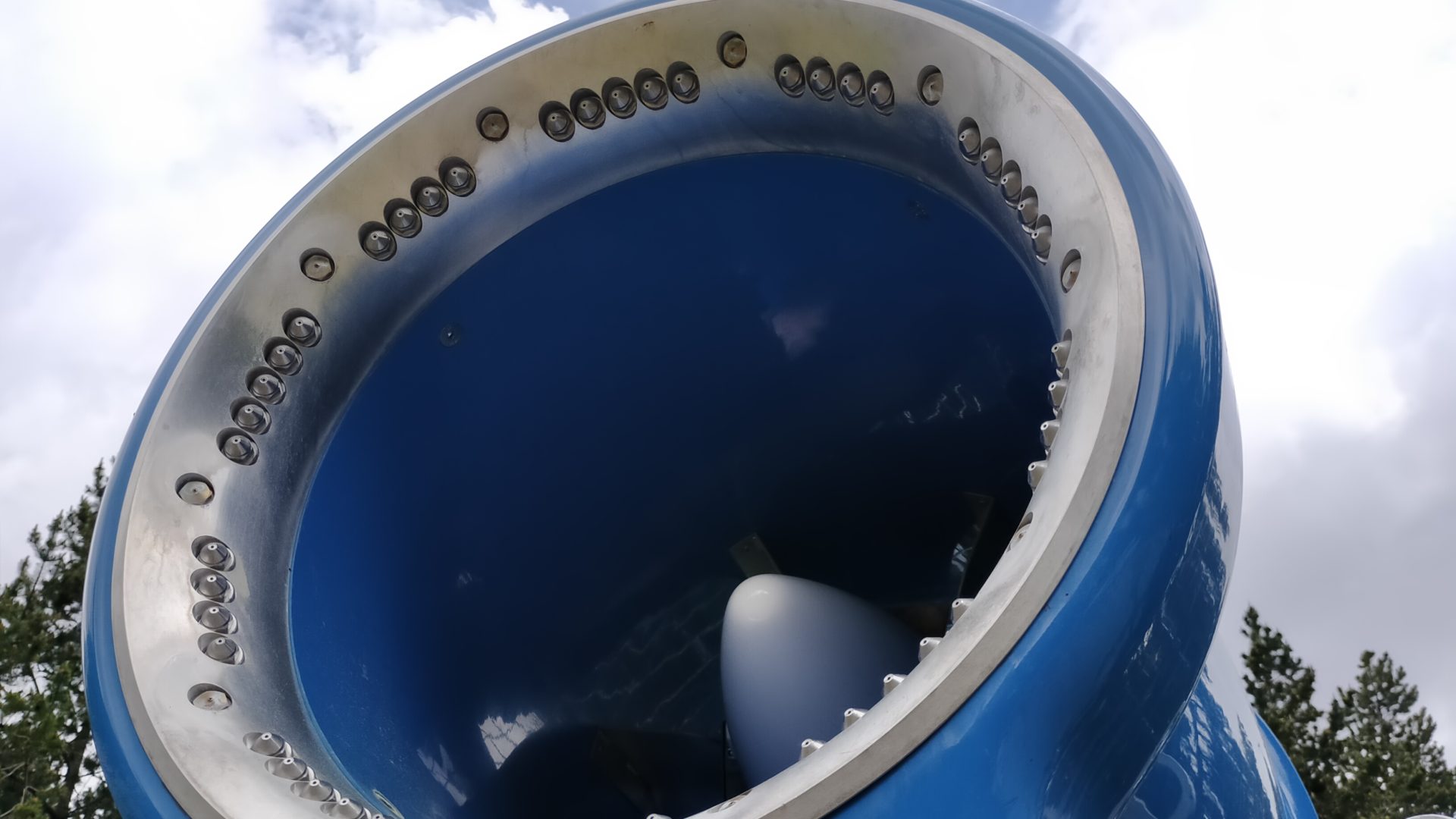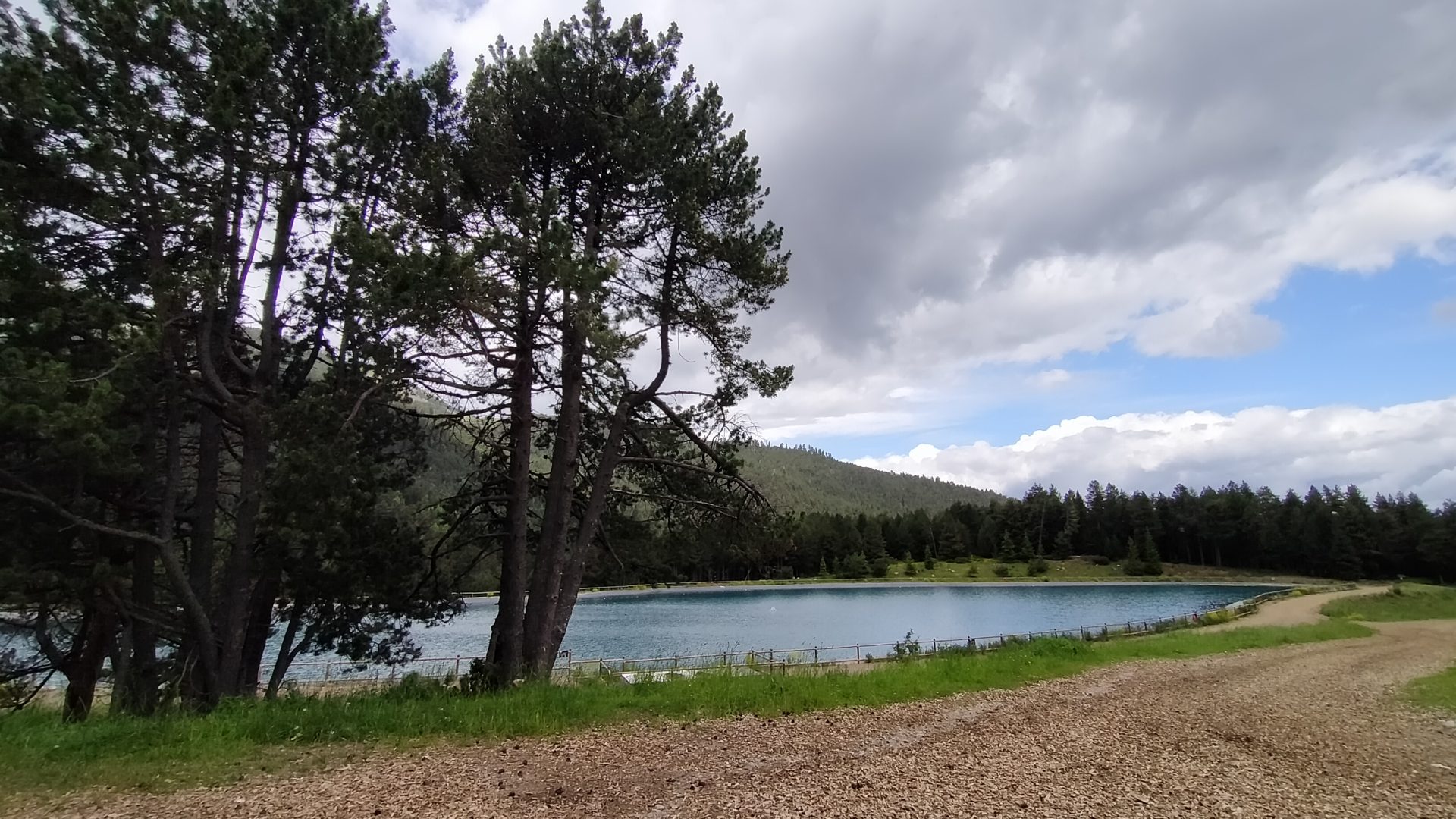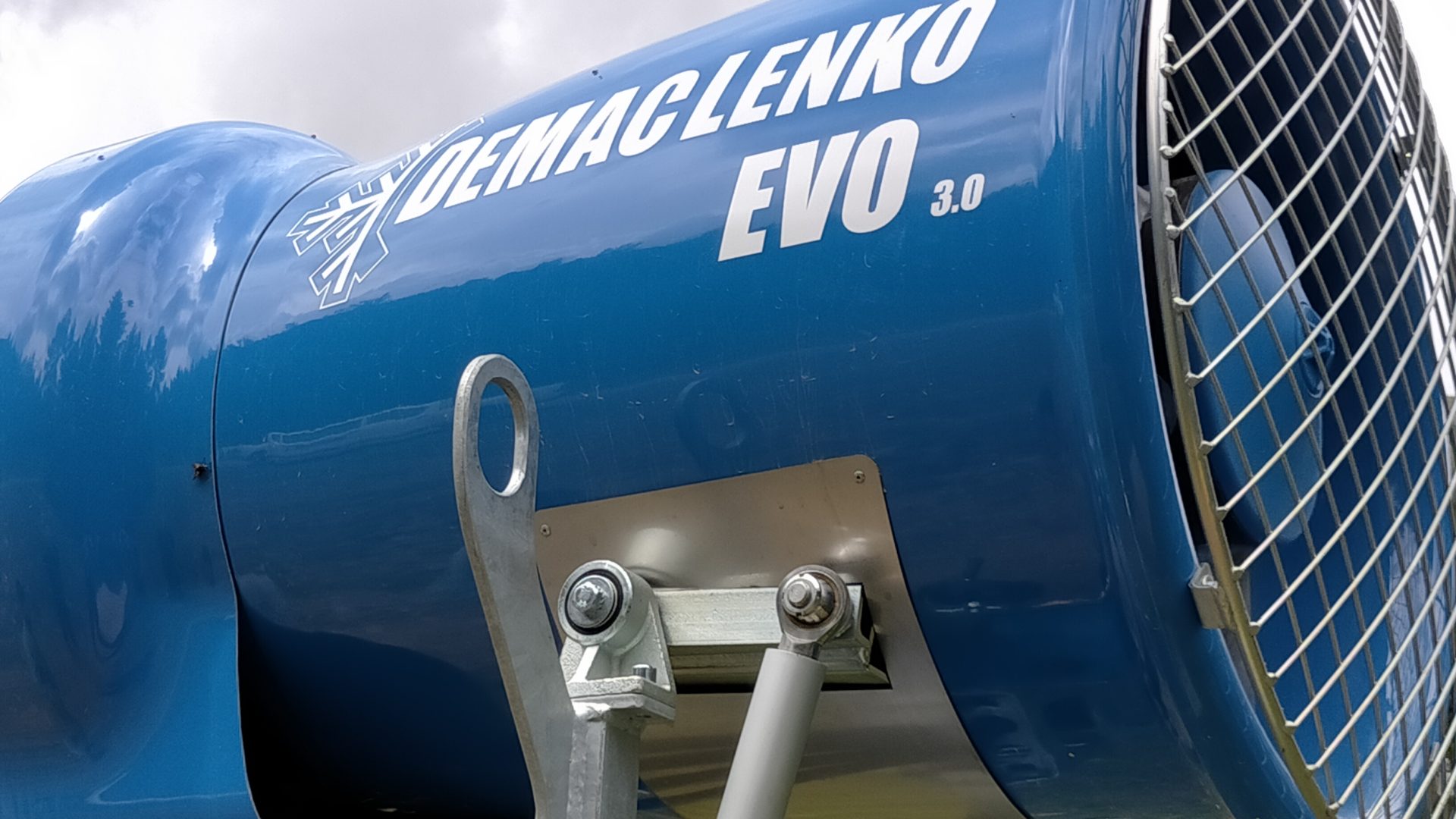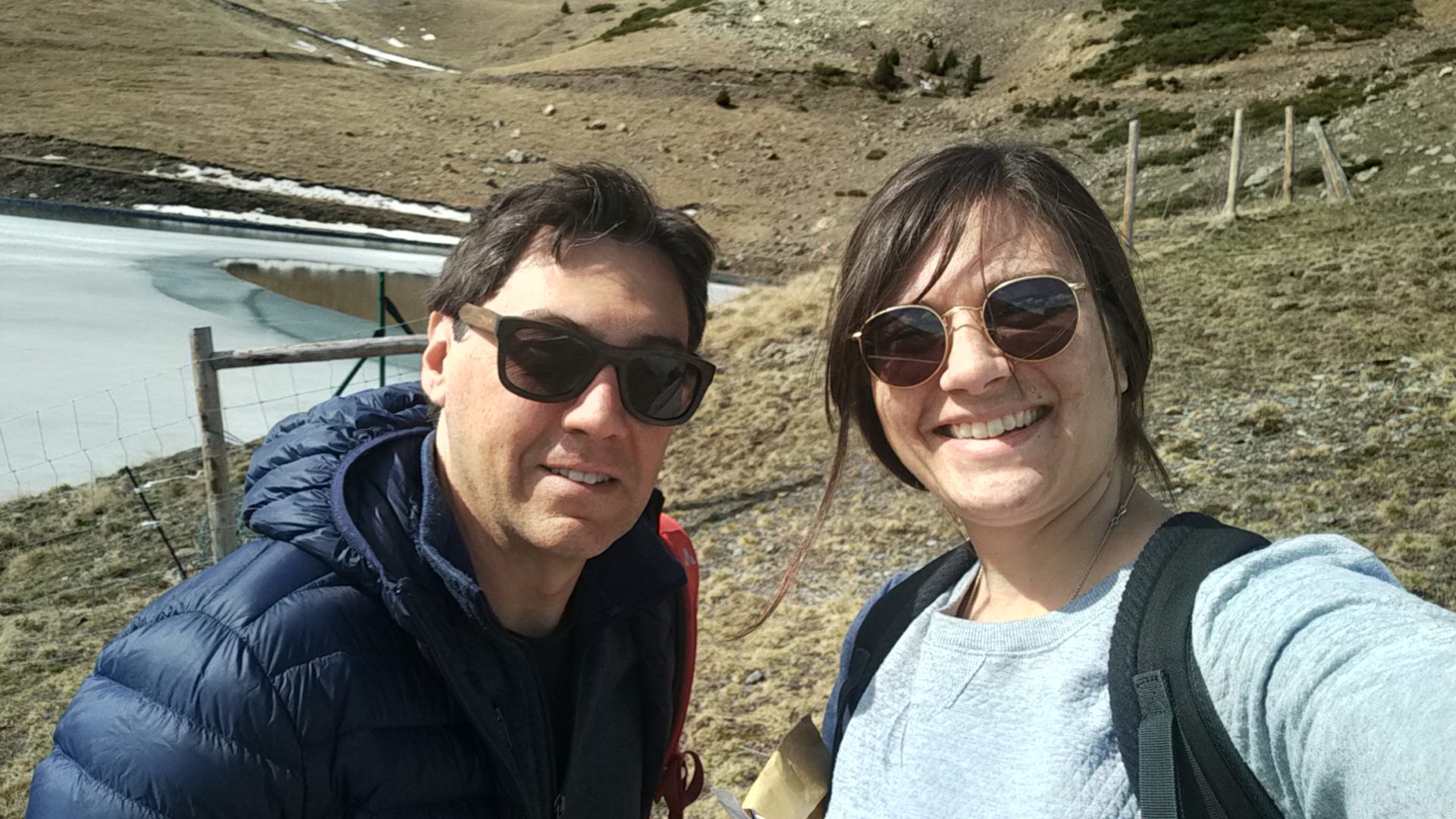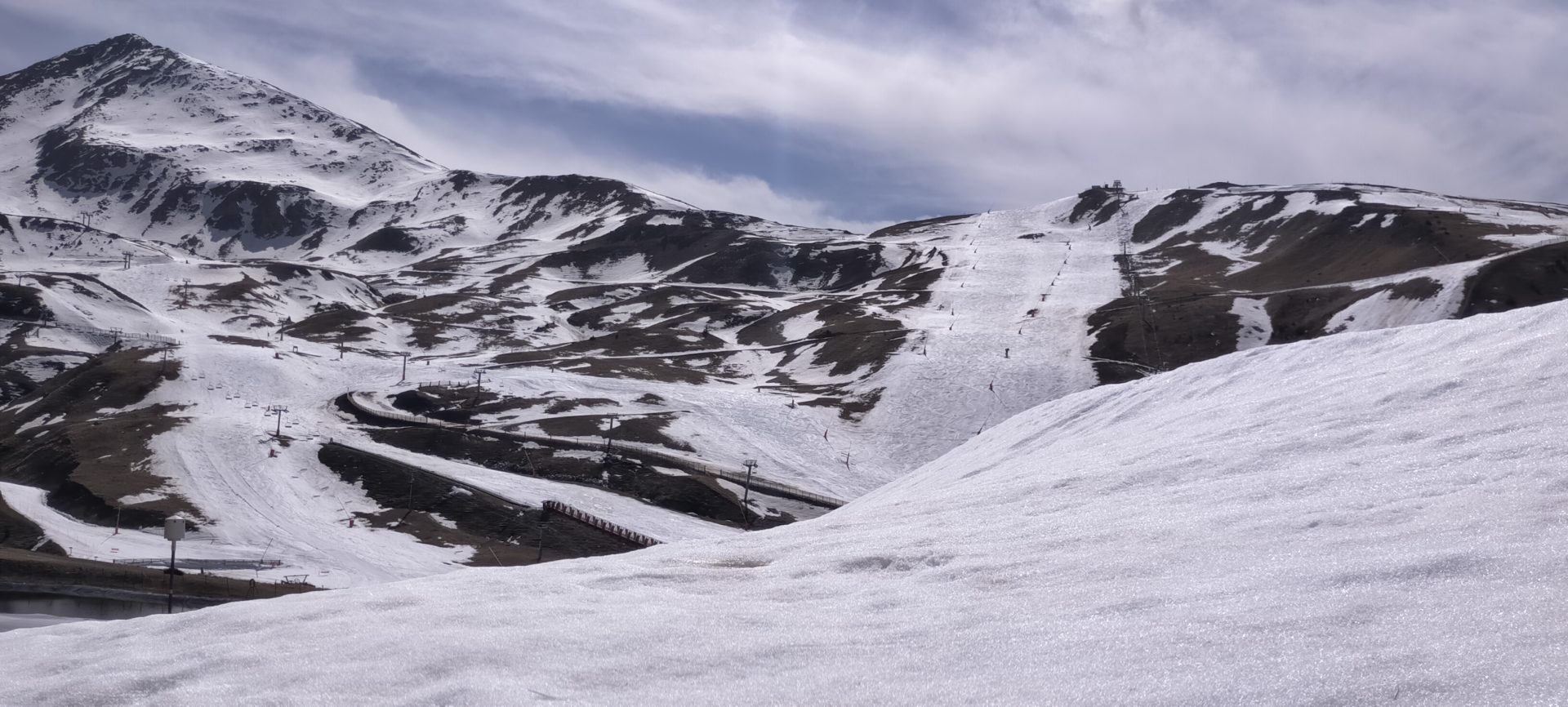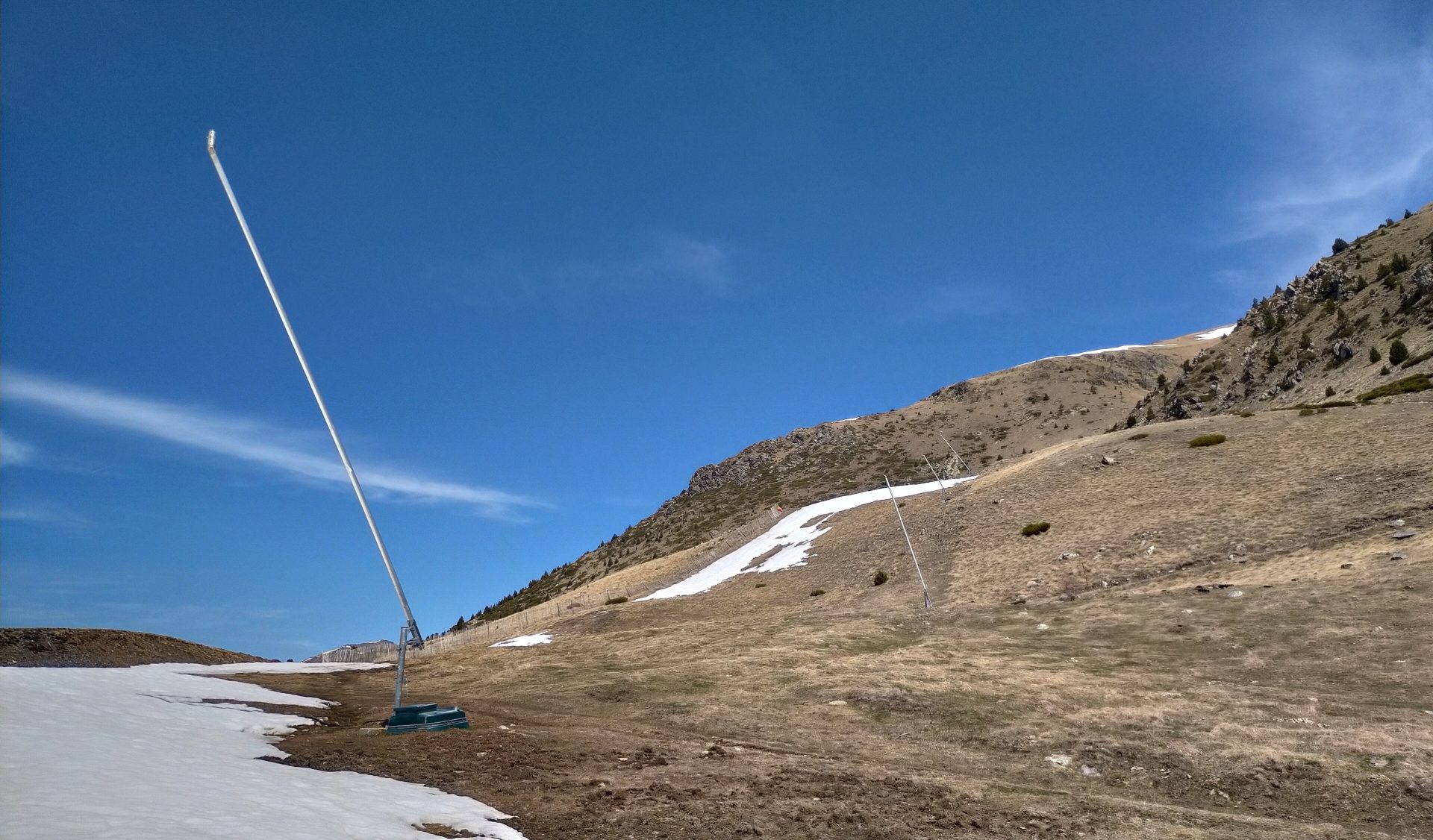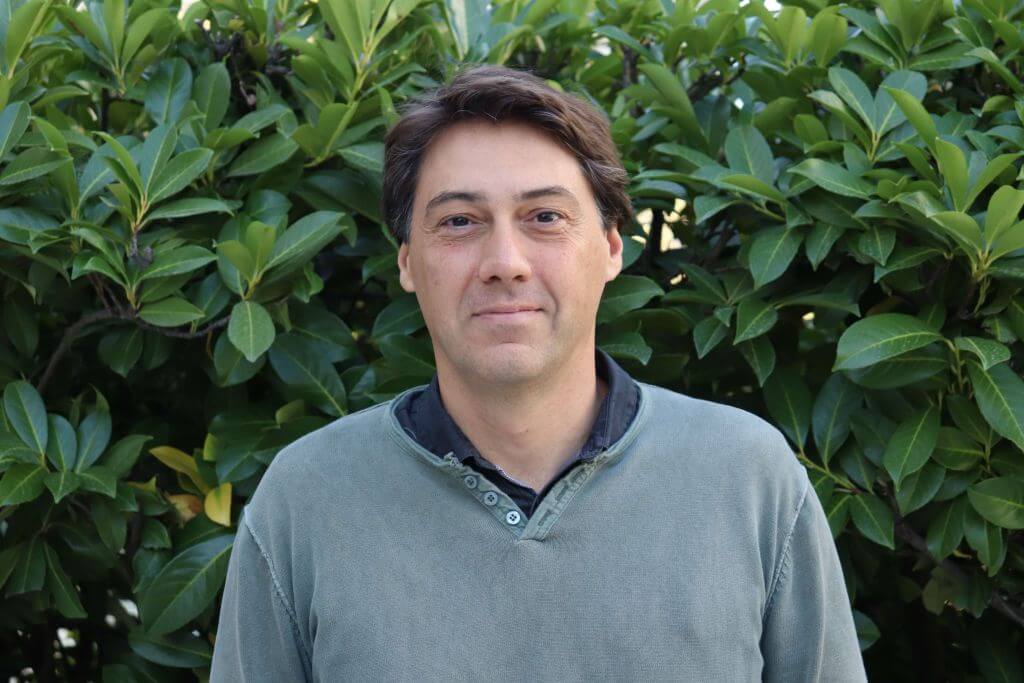ORGAED: ORGAnic Electronic Devices Spanish Network (RED2022-134503-T)

ORGAED
Organic electronic devices: from high-performance materials to advanced applications
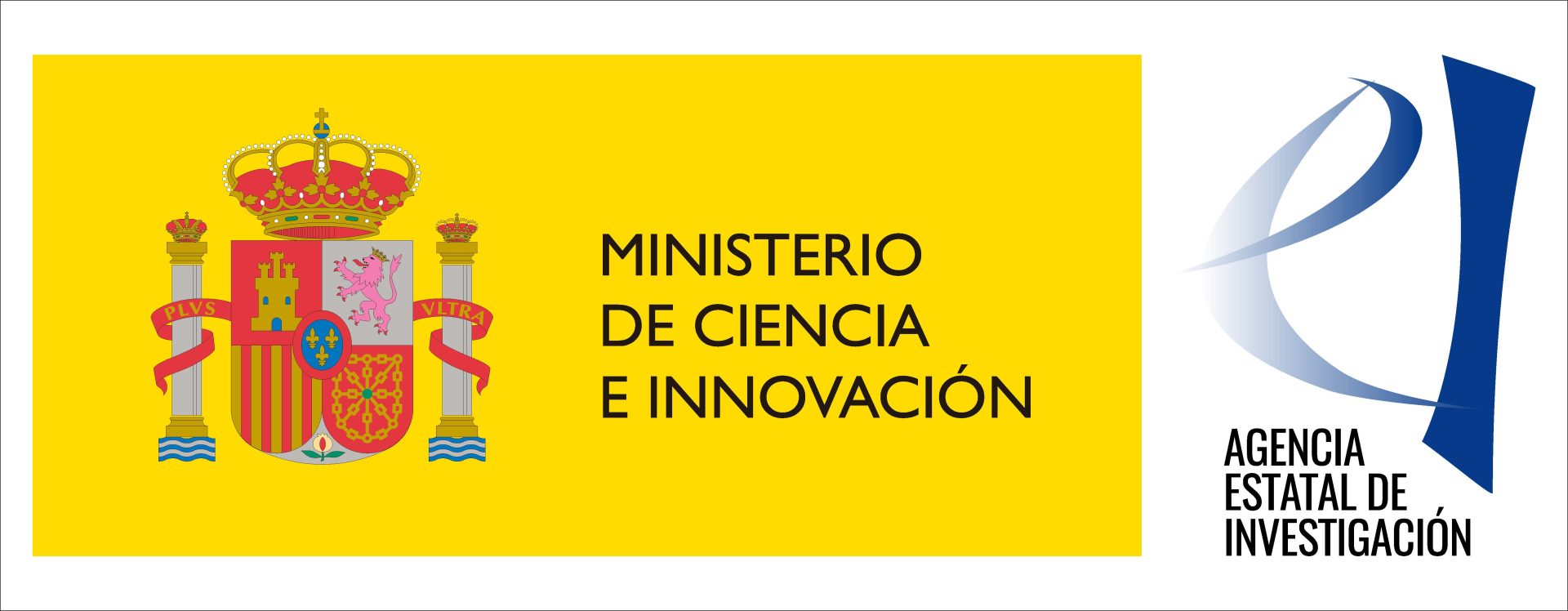
-
FINANCIAL ENTITY
Ministerio de Ciencia e Innovación
-
DURATION
01/06/2024-31/05/2025
-
PRINCIPAL INVESTIGATOR
Esther Barrena (Coordinadora)
-
PARTICIPANTS
Begoña Milián Medina, Jose Luis Segura, José Ignacio Martínez Ruiz, Berta Gómez-Lor Pérez, Diego Peña Gil, Juan Carlos Sancho Garcia, María Antonia Herrero Chamorro, Marco Gobbi, Marta Mas, Belén Villacampa, Rocío Ponce Ortiz, Raquel Andreu, Nuria Crivillers, y M Carmen Ruiz
The ORGAED network is based on the cooperation between 12 groups with complementary expertise and research capacities to target the exploration of novel routes, from the synthesis of OSCs to device implementation (Redes de Investigación 2022, RED2022-134503-T).
Organic semiconductors (OSCs) have emerged as a promising technology for the conception and realization of innovative and smart devices, with advantages over their inorganic analogs in terms of stretchability, flexibility, biocompatibility, and low-cost solution processability. Potential applications of organic electronics span a broad range of fields, including medicine and biomedical research, energy, and information and communications. Already, organic electronic devices based on OLED displays are in the market, often without consumers being aware of the organic nature of the electronic technology. However several challenges remain before other type of organic electronic devices (such as field effect transistors) will become a widespread commercial reality.
In order to progress in the field, different challenges have to be faced such as searching for new organic materials for achieving higher mobility values, understanding the role of interfaces, controlling the molecular self-assembly and finding routes for device implementation. Regarding the scientific goals, ORGAED aims at exploring the properties of novel OSCs materials for their application in organic field-effect transistors (OFETs) and establishing guidelines for understanding structure-property relationships and the limiting factors that hamper the device performance. Although the research of the groups in the network is predominantly fundamental, the network also covers crucial proof-of-concept studies that will undoubtedly contribute to the development of emerging high-impact electronic technologies.
Participants
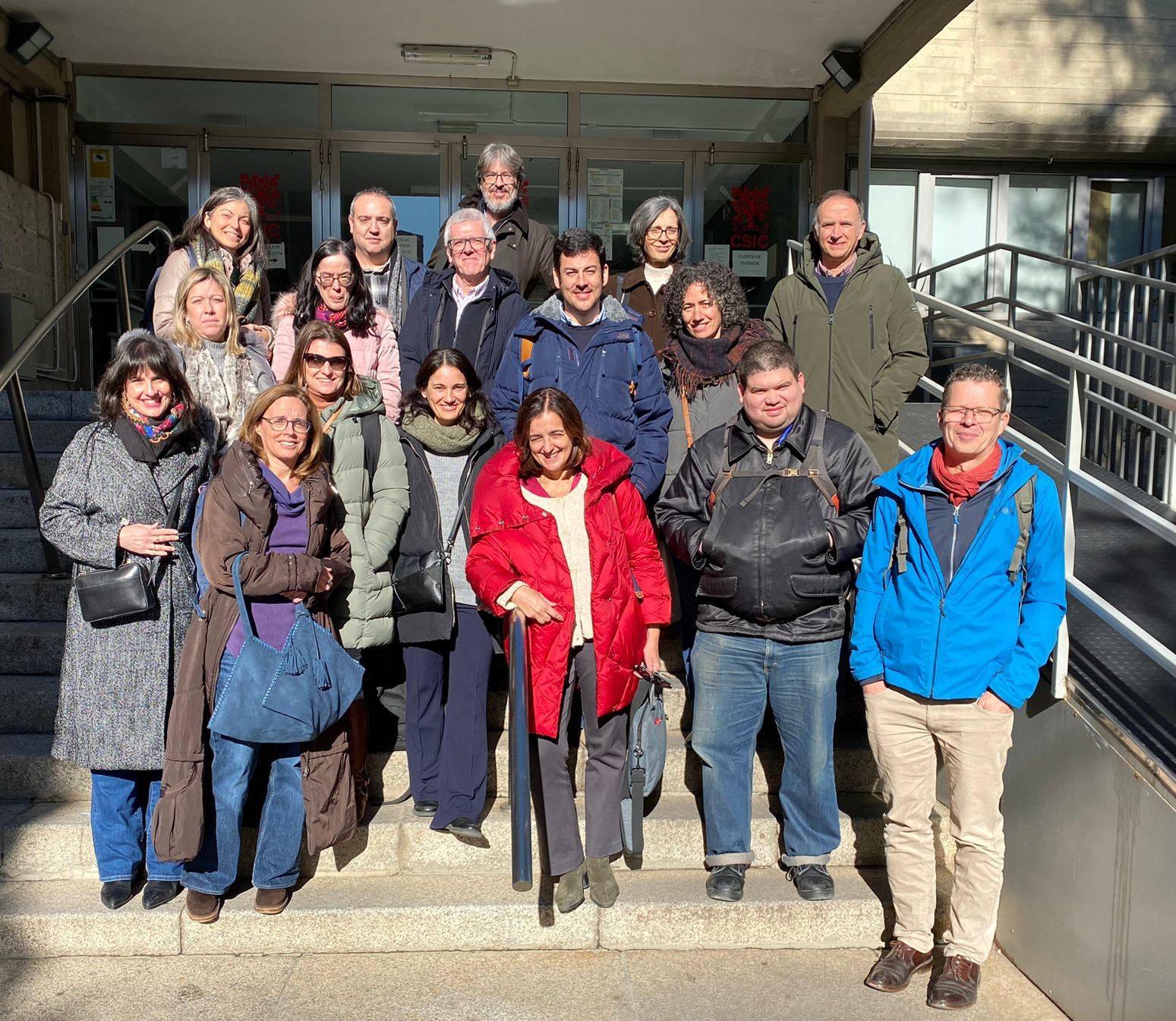
-

Esther Barrena
The Institute of Materials Science of Barcelona (ICMAB-CSIC)
-

Begoña Milián Medina
UNIVERSIDAD DE VALENCIA
-

Jose Luis Segura
UNIVERSIDAD COMPLUTENSE DE MADRID
-

José Ignacio Martínez Ruiz
Instituto de Ciencia de Materiales de Madrid (ICMM-CSIC)
-

Berta Gómez-Lor Pérez
Instituto de Ciencia de Materiales de Madrid (ICMM-CSIC)
-
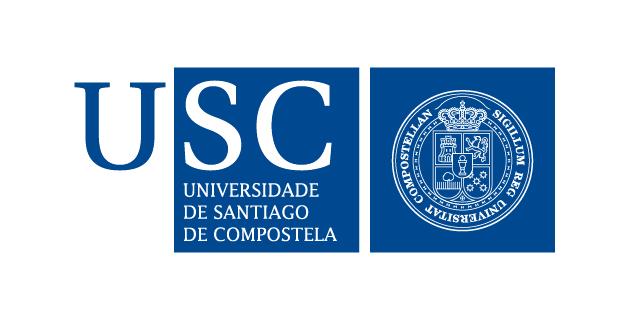
Diego Peña Gil
UNIVERSIDADE DE SANTIAGO DE COMPOSTELA
-

Juan Carlos Sancho Garcia
Universidad de Alicante
-

María Antonia Herrero Chamorro
UNIVERSIDAD DE CASTILLA-LA MANCHA
-

Marco Gobbi
Materials Physics Center / ASOC CIC NANOGUNE
-

Marta Mas
The Institute of Materials Science of Barcelona (ICMAB-CSIC)
-

Belén Villacampa
Universidad de Zaragoza
-

Rocío Ponce Ortiz
Universidad de Málaga
-

Carmen Ruiz Delgado
Universidad de Málaga

